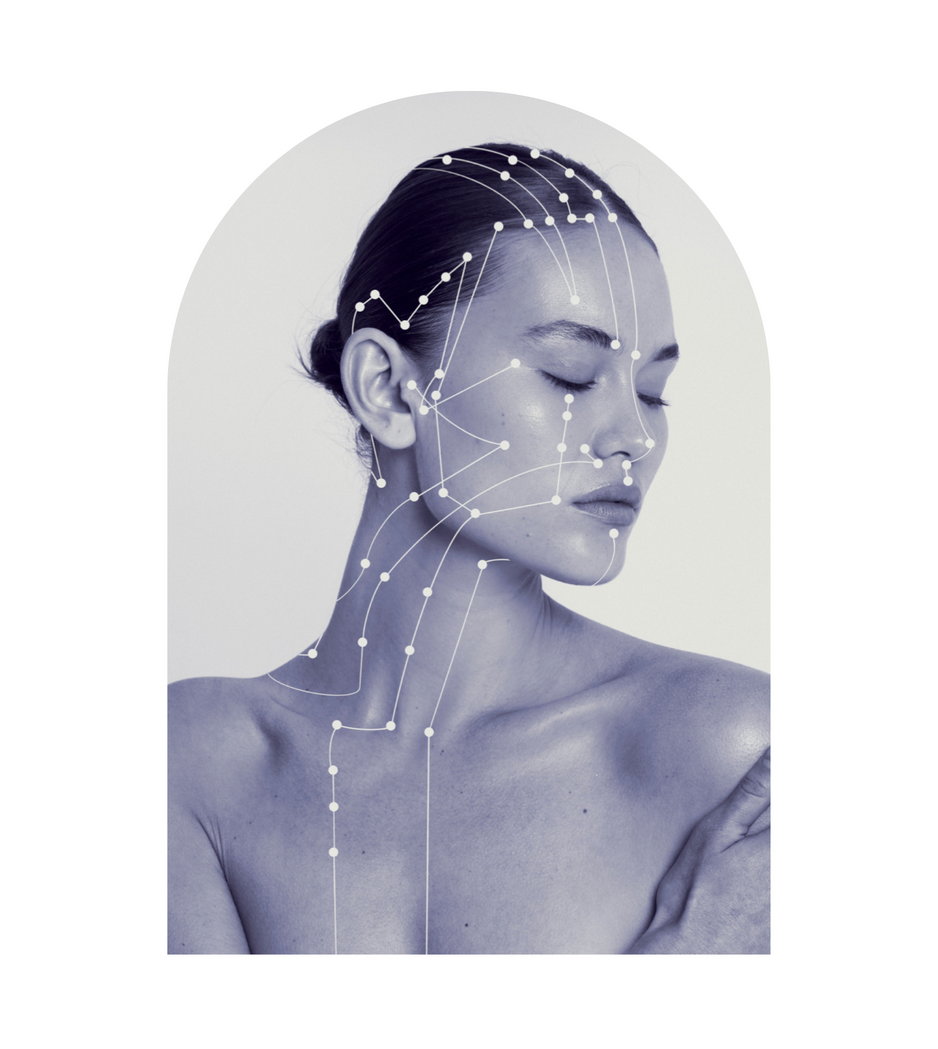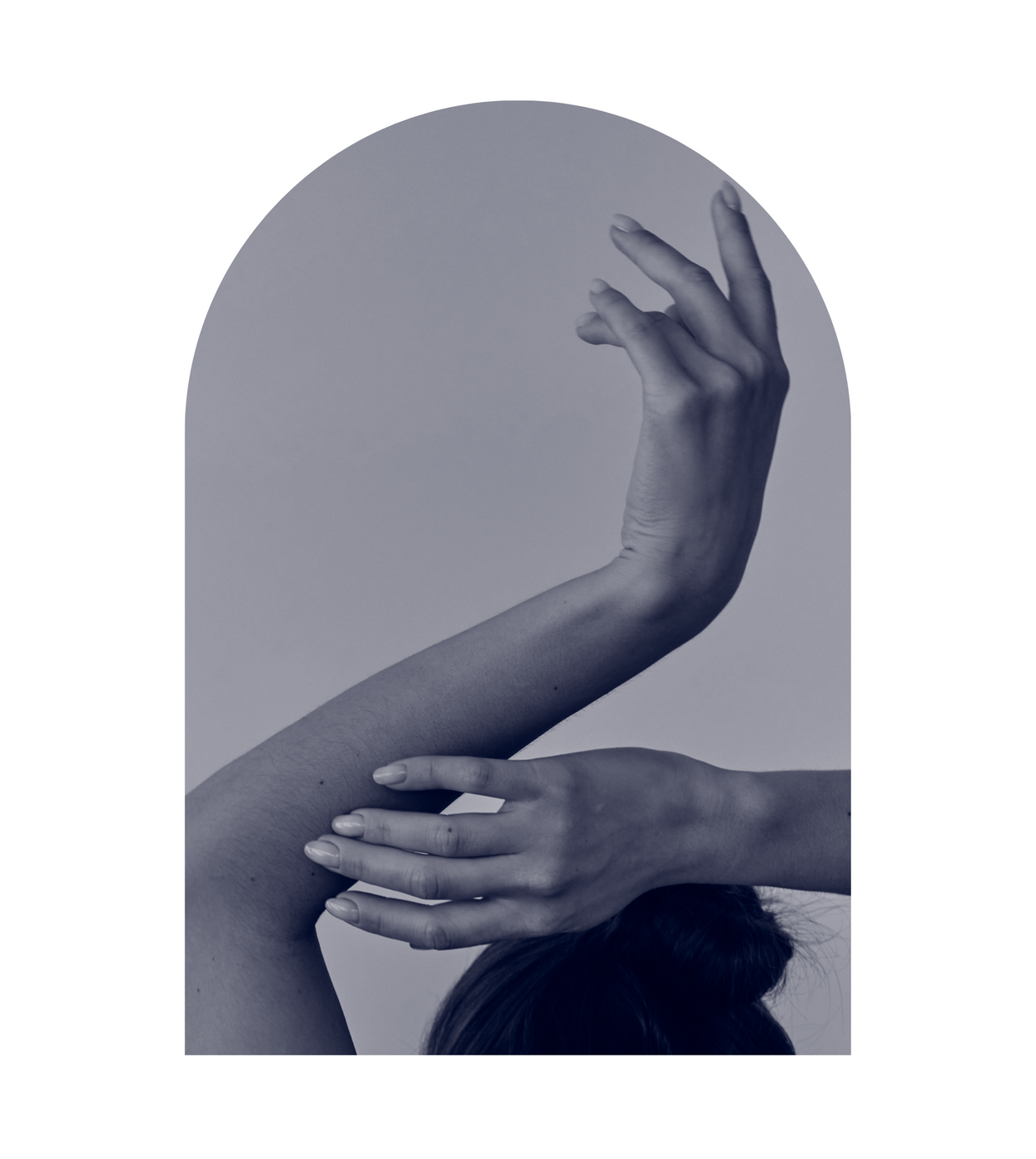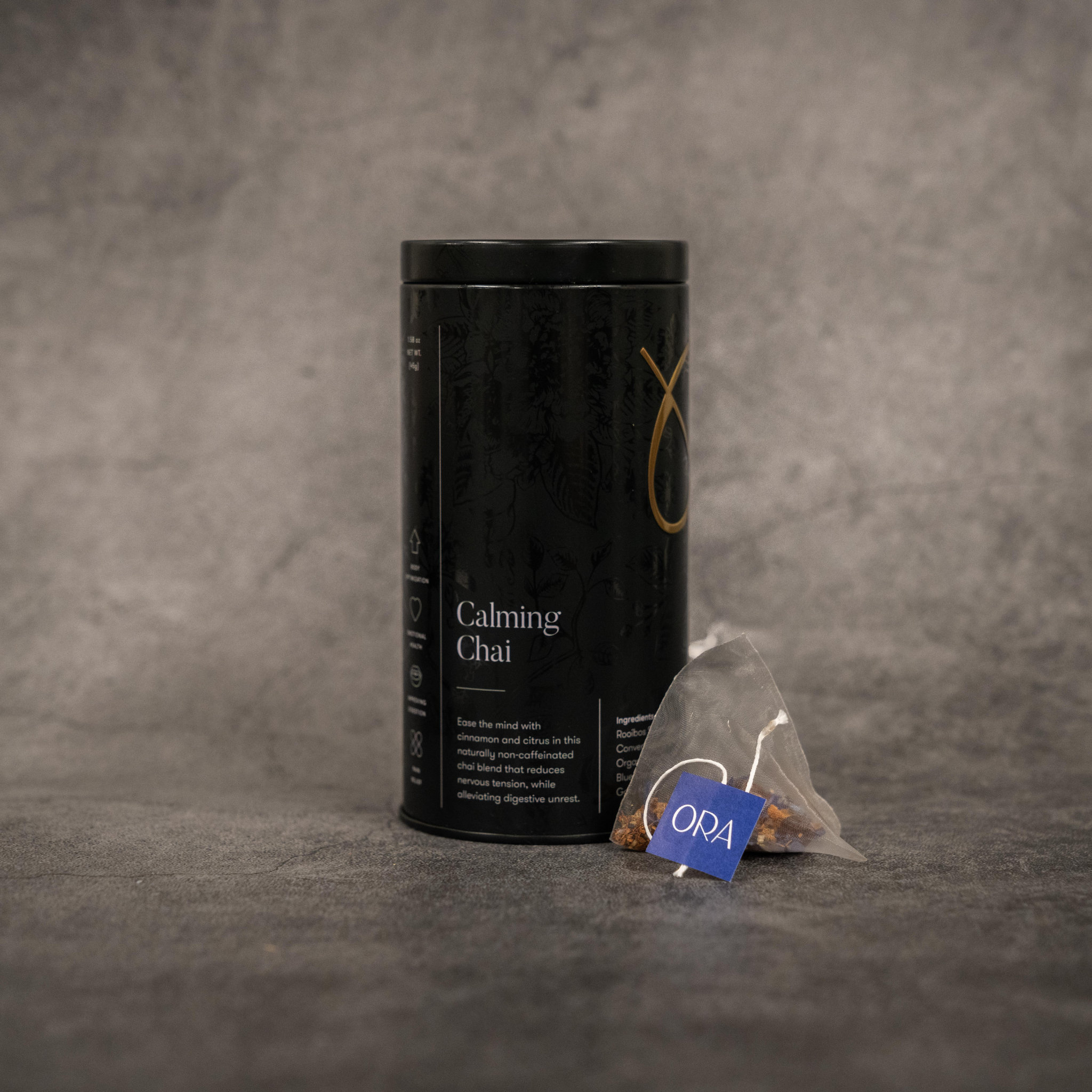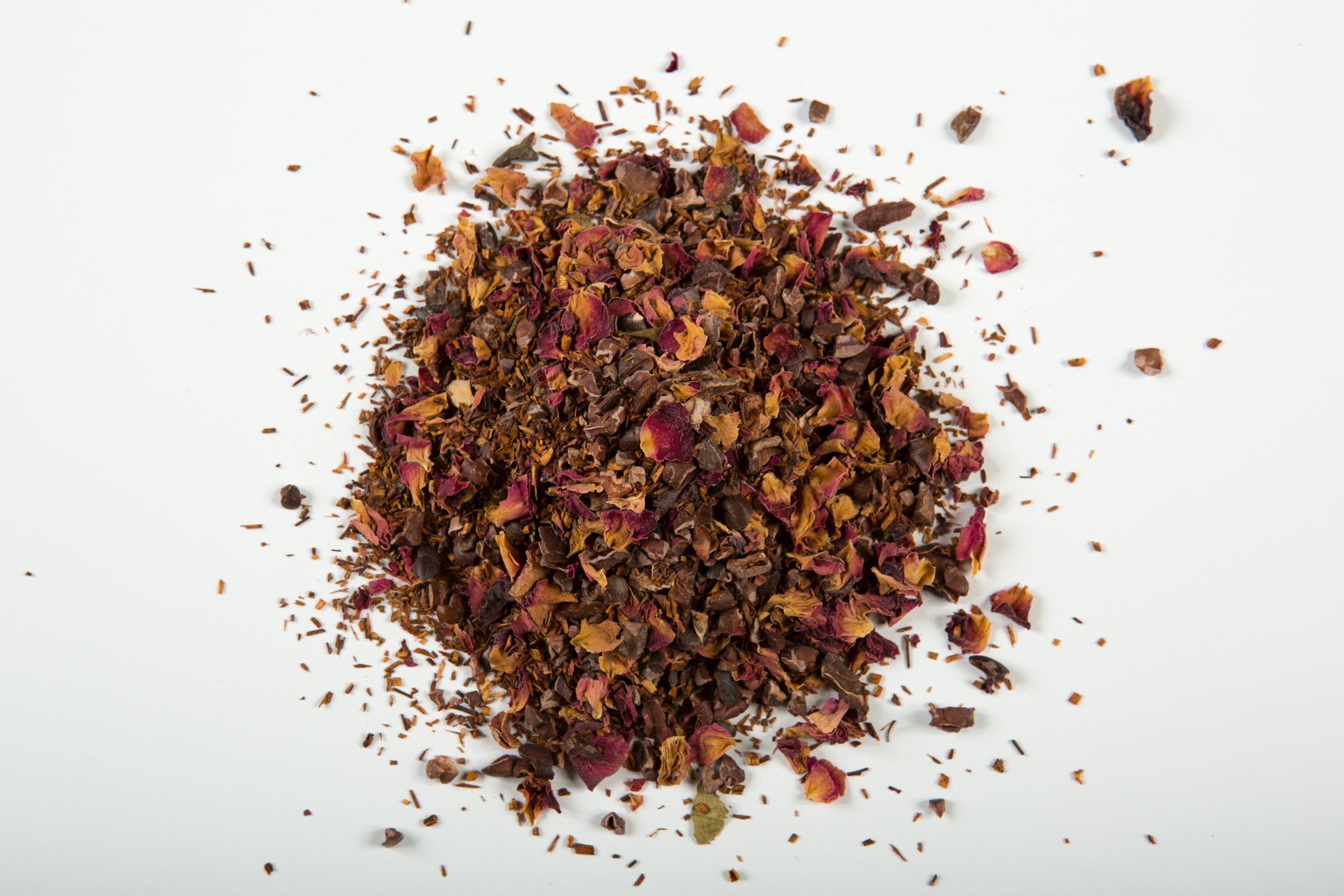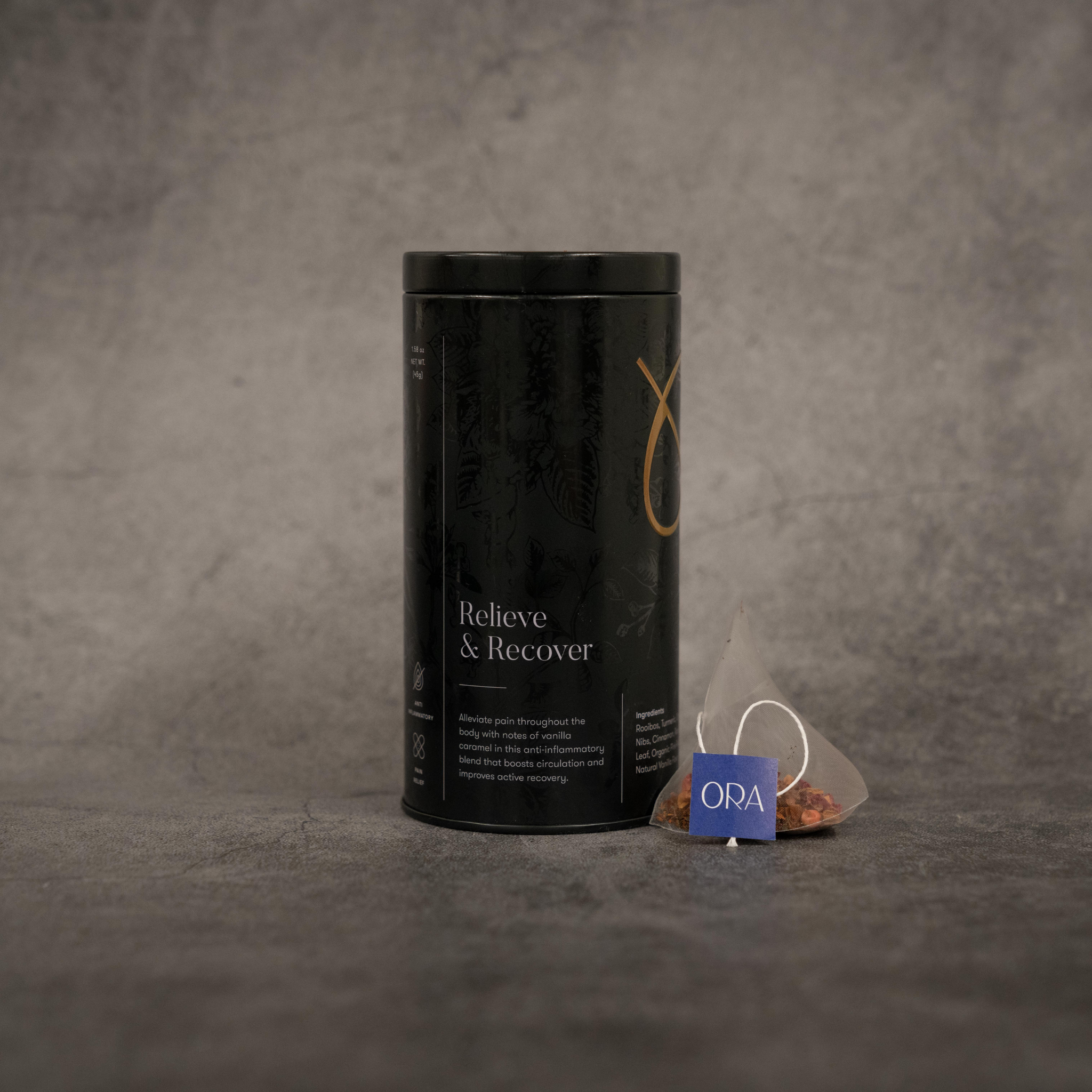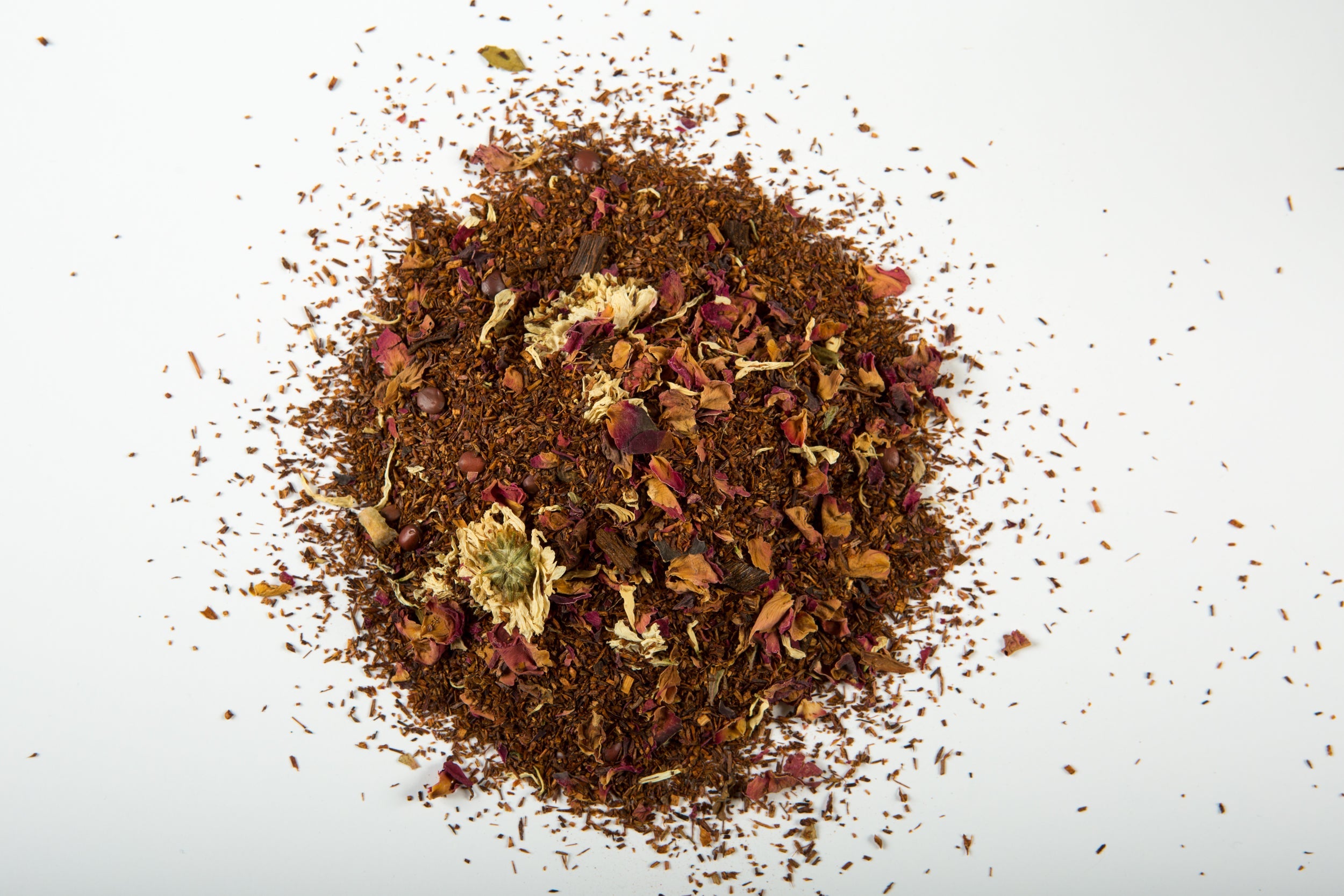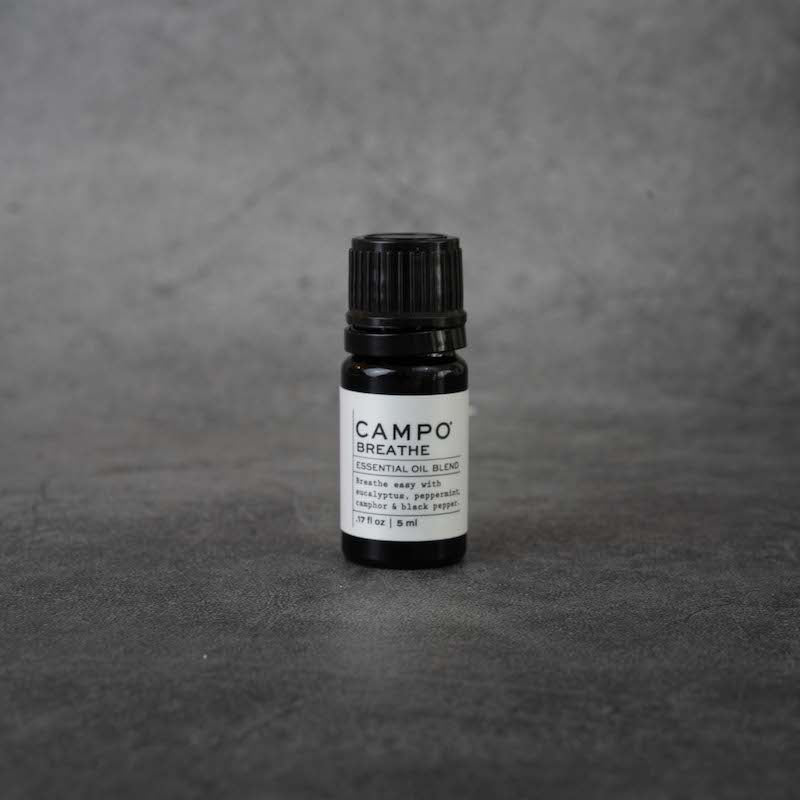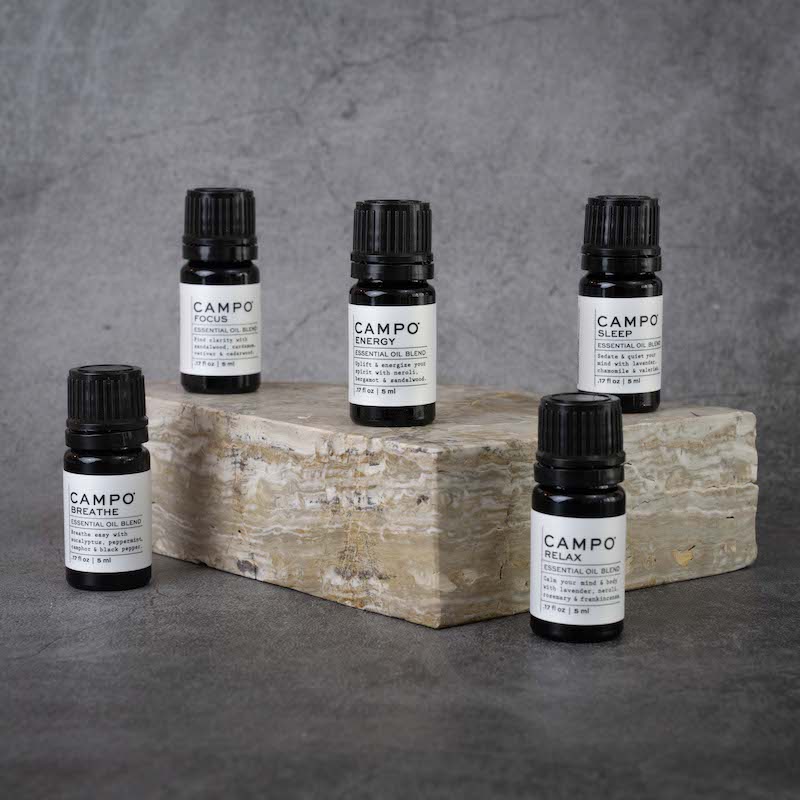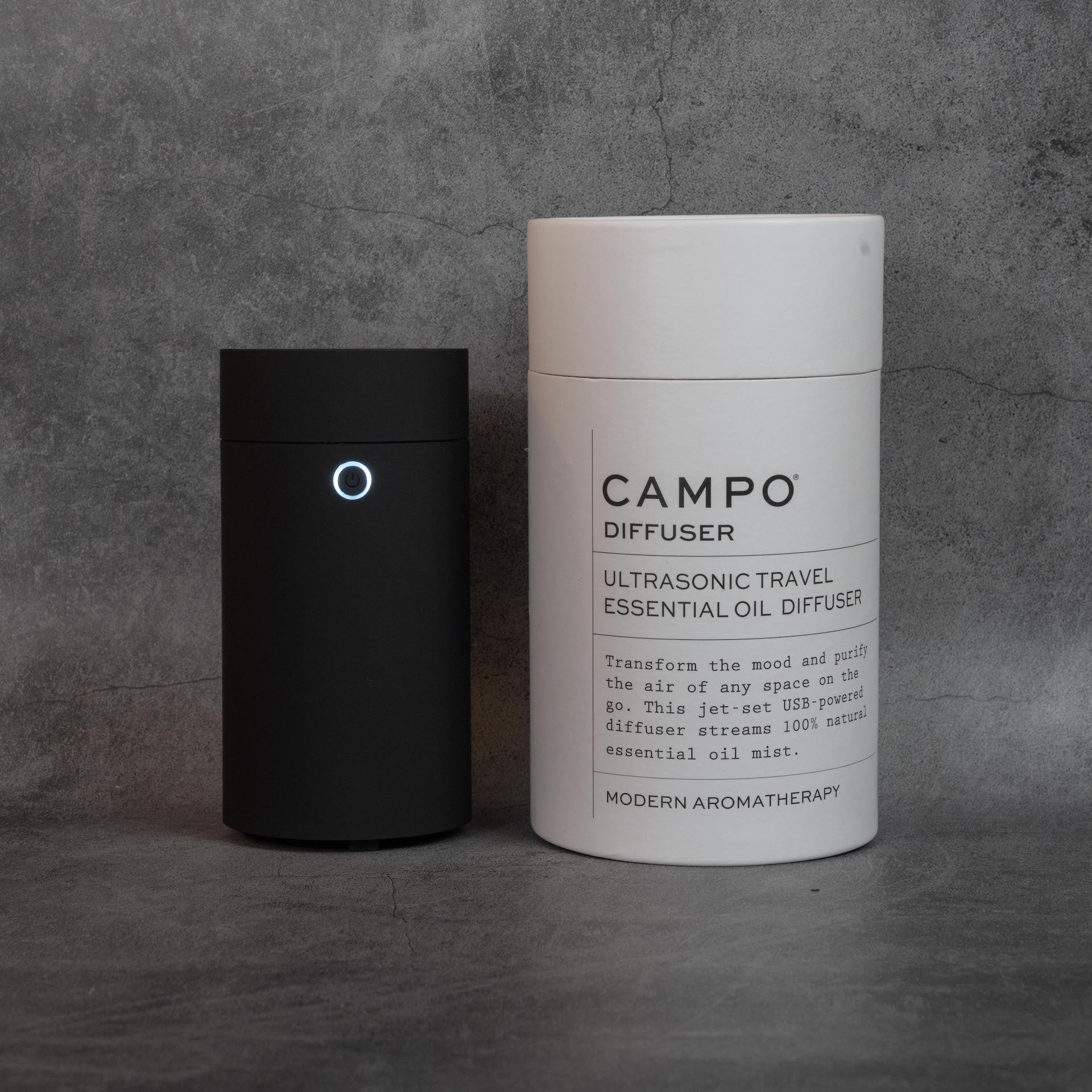When your leg is sprained, or your stomach is upset, or your head is spinning, you tend to seek help to fix that as soon as possible. Mental health, while less tangible, is equally important. Whether you suffer from anxiety, depression, PTSD, or other mood disorders, it is incredibly important that you pay attention to your body and seek the support you need.
According to traditional Chinese medicine (TCM), mental health disorders, much like physical disorders, are considered the result of an imbalance within the body. While some of these imbalances – whether yin, yan, energy (qi), blood, or other – are genetically influenced, others can be triggered by environmental factors including stress and diet.
TCM uses various treatments to deal with each specific type of mental health condition. When treating anxiety disorders, we use acupuncture to regulate imbalances and functions that are mostly related to the heart organ and channel. Depression is treated by primarily regulating imbalances involving the liver, its energetic properties, and channel blockages. When it comes to PTSD, there is a general treatment that is practiced throughout the world, with a specific protocol of ear acupuncture points. In addition, though, every person has unique responses to his or her particular iteration of PTSD, and whichever imbalance, excess, or deficiency, that lies behind it. More extreme disorders, such as psychosis or schizophrenia, are treated as “phlegm” conditions or “wind” disorders, involving various internal organs and channels where the imbalance has occurred – mostly the liver and heart organ and channel. Dementia is regarded as a condition caused by “deficiency,” generally prompted by the deletion of qi – restorable energy metabolized mostly from air and from food – and jing, the finite energy that you are born with. Acupuncture and herbs are used to replenish qi and slow down the depletion of jing. In doing so, it can slow down the progression of many eating disorders. Finally, when it comes to disorders regarding food, drugs, or alcohol, an ear acupuncture is used akin to the one used for dealing with PTSD, with other points on the body addressing whichever imbalances may be responsible for causing or influencing the disorder.
How exactly does each part of the body contribute to mental health? When it comes to the liver, liver qi or blood stagnation, liver fire, liver wind, and liver yang rising can all cause mild to severe excessive conditions. These conditions can include irritability, anger, digestive disorders, severe headaches, uncontrolled spasms, and abnormally extreme behaviors. With the heart, heart yin, qi, blood deficiency, heart fire, and heart yang collapse can all lead to emotional disturbances such as palpitations, shortness of breath, and sleep disorders. Finally, phlegm fire, phlegm misting the heart, and phlegm stagnation can all cause severe mental and psychotic disorders.
In today’s modern age, we are prescribed medications to help mental health conditions. Is it possible to practice TCM for mental health in conjunction with western medicine? Of course it is. Acupuncture, in particular, is likely to be supportive, and even allow for smaller dosages of western medicine when treating psychological or mental disorders. When considering herbal treatments, on the other hand, you should be very careful, and consult with your primary care physician before and during treatment. Open communication between all providers involved in your mental health is key towards maximizing positive outcomes and avoiding any worsening of your condition due to confusing or conflicting directives.
Acupuncture is likely not your first thought when considering the treatment of your mental health. There are many benefits, though; for instance, unlike western medical treatments, acupuncture is a natural therapy with little to no negative long-term effects. Furthermore, once a condition is successfully brought under control, acupuncture can continue to maintain balances as a means of managing and preventing relapses.
While there is still a stigma when it comes to mental health, but, increasingly, we are all starting to pay attention to its importance. While traditional forms of western medicine, from medication to therapy, are all valuable, it is also important to consider TCM as another way to manage mental illness. Just as each person’s mental health is distinctive, so is each person’s path to recovery – and it is crucial to consider every possible route.




